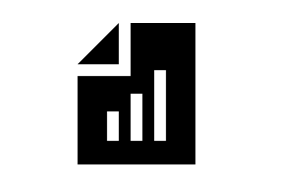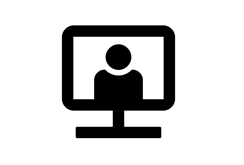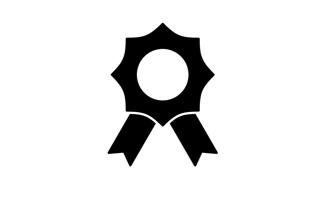The group’s research on “WASH in Schools Empowers Girls’ Education in Rural Cochabamba, Bolivia: An Assessment of Menstrual Hygiene Management in Schools” has been published in Best of UNICEF Research 2014! Read more about the work in Bolivia on page 14.
WASH in Schools Empowers Girls' Education: Tools for Assessing Menstrual Hygiene Management in Schools
WASH IN SCHOOLS FOR GIRLS E-COURSE
NPR: Volunteer Recap: A Summer With Her Mind On The Toilet
Emory University's Global Health Thesis Poster Contest
SciDevNet: Facial hygiene, water access ‘could prevent trachoma’
WASH in Schools Empowers Girls’ Education in Rural Cochabamba, Bolivia An Assessment of Menstrual Hygiene Management in Schools
WASH in Schools Empowers Girls’ Education in Masbate Province and Metro Manila, Philippines An Assessment of Menstrual Hygiene Management in Schools
WASH in Schools Empowers Girls’ Education in Freetown, Sierra Leone: An Assessment of Menstrual Hygiene Management in Schools
Emory Global Health Institute Photo Contest
WASH: The silent weapon against NTDs Working together to achieve prevention, control and elimination
WASH IN SCHOOLS DISTANCE-LEARNING COURSE
The WinS Course was developed by UNICEF and the Center for Global Safe Water, based at Emory University’s Rollins School of Public Health and is designed to promote understanding of child-to-child, child-to-parent and other approaches to transforming hygiene behaviour. It also aims to support national-level work that helps government partners design and implement WinS programmes at scale.
Equity of Access to WASH in Schools
This report presents findings from a six-country study conducted by UNICEF and the Center for Global Safe Water at Emory University. This research was carried out in collaboration with UNICEF country offices in Kyrgyzstan, Malawi, the Philippines, Timor-Leste, Uganda and Uzbekistan and their partner














